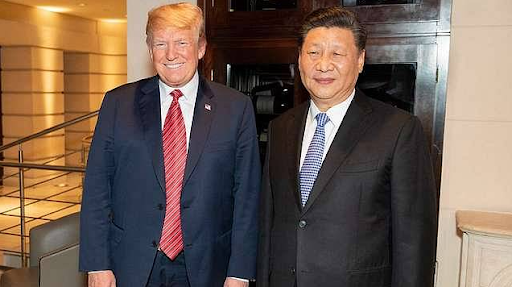China’s intense pressure on the U.S. over Taiwan’s status is driven by more than just nationalism; it is a matter of cold, hard military geography. Taiwan is the most critical link in the “first island chain,” a series of archipelagos that hem in the Chinese coast. For the U.S. and its allies, Taiwan’s de facto independence is indispensable to their entire defense strategy in the Pacific.
The first island chain runs from Japan through Taiwan and the Philippines down to the South China Sea. As long as this chain is in the hands of friendly powers, it acts as a massive natural barrier, constraining the Chinese navy and preventing it from easily projecting power into the open Pacific Ocean.
If China were to gain control of Taiwan, it would shatter the midpoint of this chain. This would be a strategic catastrophe for the U.S. and its allies. The Chinese navy would gain deep-water ports on Taiwan’s east coast, giving its submarines immediate and unimpeded access to the Pacific. This would allow them to threaten U.S. naval assets, including aircraft carrier groups, and even the U.S. mainland itself.
A Chinese-controlled Taiwan would also outflank Japan to the south and the Philippines to the north, putting immense pressure on these key U.S. allies. The security of vital sea lanes, through which trillions of dollars in trade flow, would be directly threatened.
This is why the Pentagon views Taiwan as geographically indispensable. A U.S. political concession that weakens Taiwan’s position and makes a Chinese takeover more likely is not just a diplomatic issue; it is a direct threat to the entire U.S. defense posture in Asia. The debate over words in Washington is, for military planners, a debate over the future control of the Pacific.

